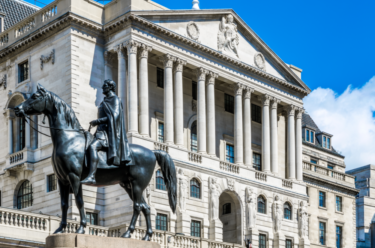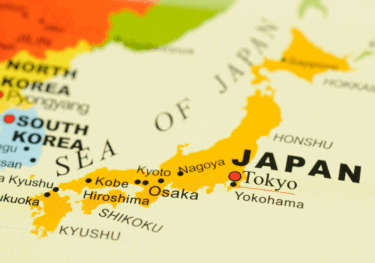Why the next era of inflation may be benign globally
A return to the sustained ‘lowflation’ of the 2010s is unlikely, in our view. But we also doubt that the economic landscape has changed significantly enough that inflation will ‘unanchor’ from target at a higher level. Over the longer-term, we expect inflation to average around 2%, though this will include longer periods above target than was the norm post-financial crisis.
What you will learn:
- After a period of exceptionally low and stable inflation in the 2000s and 2010s, several factors –especially greater geopolitical instability and a more extreme climate – could lead to more supply shocks in the future. This increases the chances of inflation spiking up.
- Whether inflation will be generally higher or just more volatile will depend on the economic backdrop and how central banks respond. We expect higher policy rates on average, partly because domestic demand is unlikely to be as persistently weak as in the 2010s, so a repeat of the last decade’s private sector deleveraging and fiscal austerity seems unlikely.
- At the same time, the chances that strong demand will pose a risk of persistently high inflation seem overblown. More spending on defence, the greening of the economy, and aging doesn’t automatically mean bigger budget deficits. But if they do rise, then policy rates would likely be higher to offset the effect.

Tags:
Related Posts

Post
Trade tracker – Tariff impacts continue to build
US tariff rates are climbing to levels not seen since the 1930s, with world trade expected to decline and inflation set to rise. What could this mean for global markets and economic growth?
Find Out More
Post
Tight BoE vote to cut casts doubt on the path for rates
We still expect the Bank of England to cut Bank Rate by 25bps again in November, despite August's unexpectedly tight vote and the Monetary Policy Committee raising its inflation forecasts. However, our call is made with much less confidence than before.
Find Out More
Post
Tariffs and Politics Leave the BoJ Powerless in Japan
The Bank of Japan kept its policy rate at 0.5% at its July meeting. We continue to think the BoJ will exercise caution on rate hikes despite still-high inflation and a recent trade deal with the US.
Find Out More